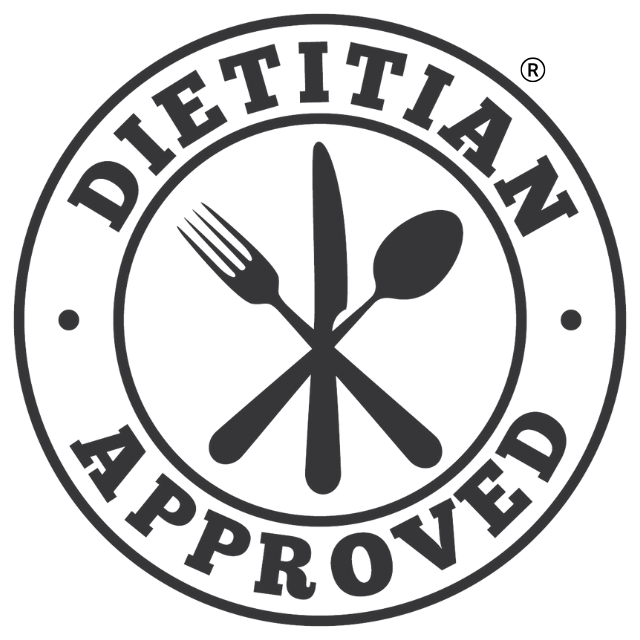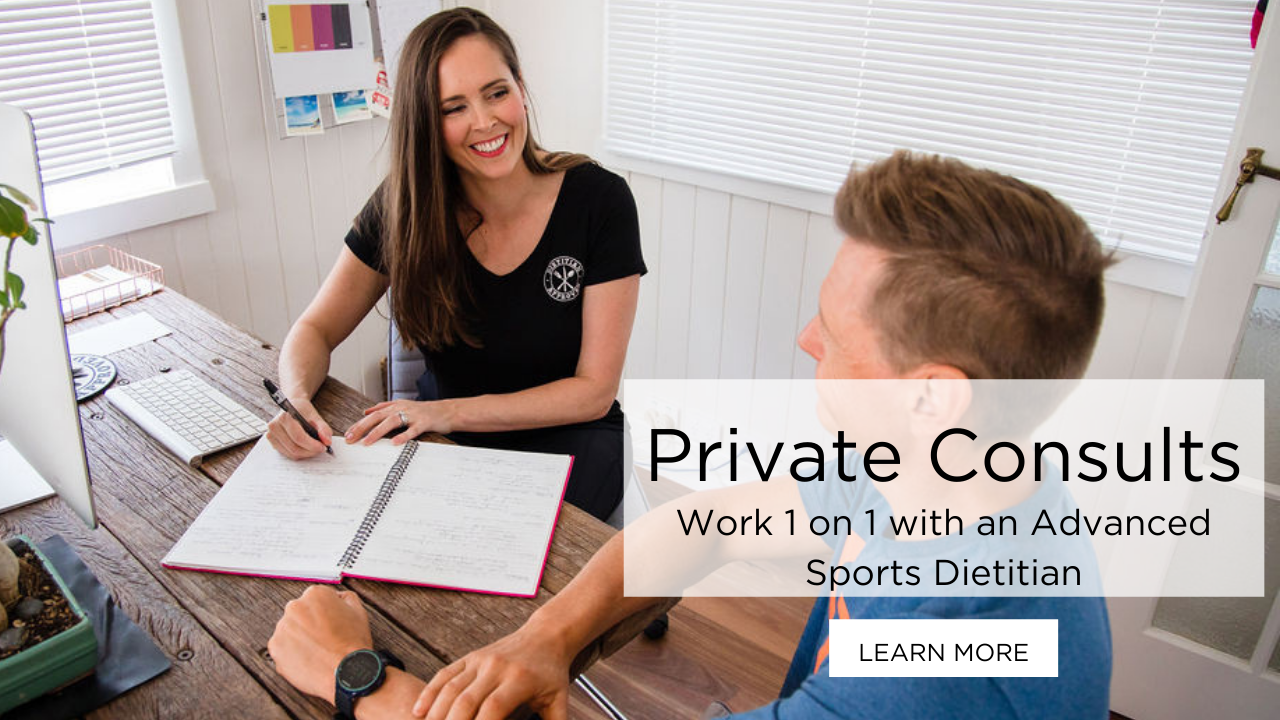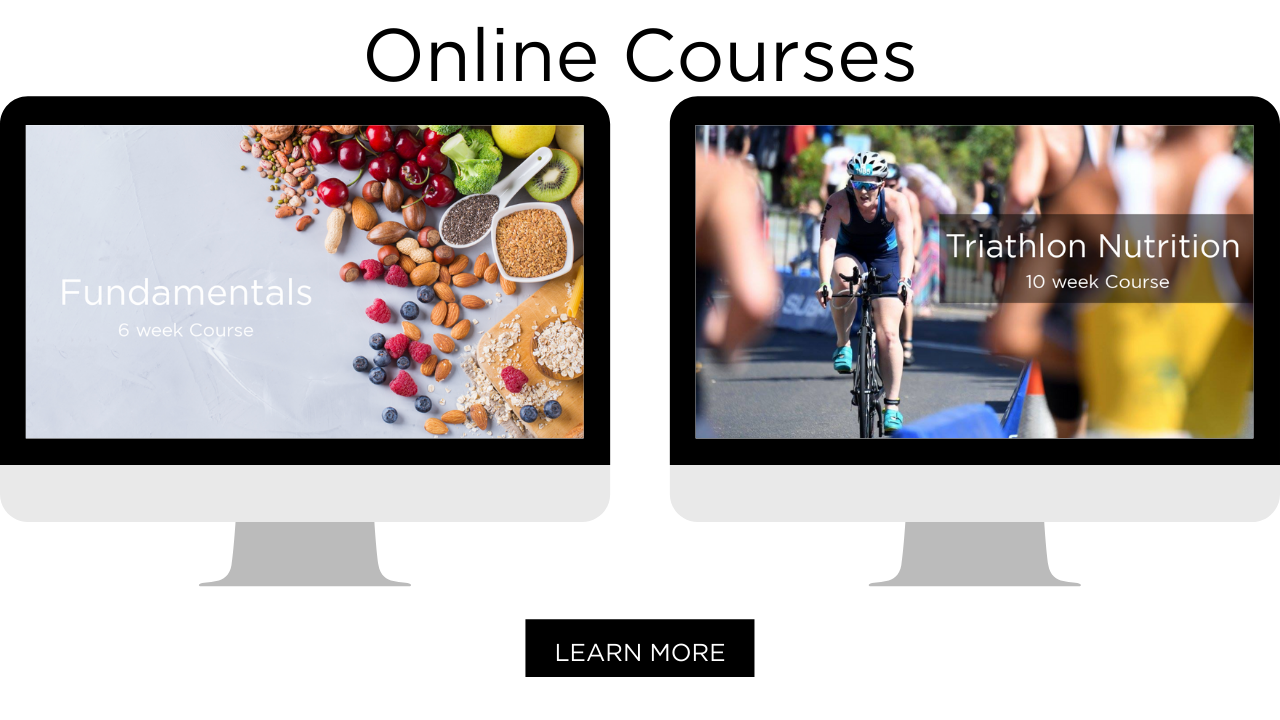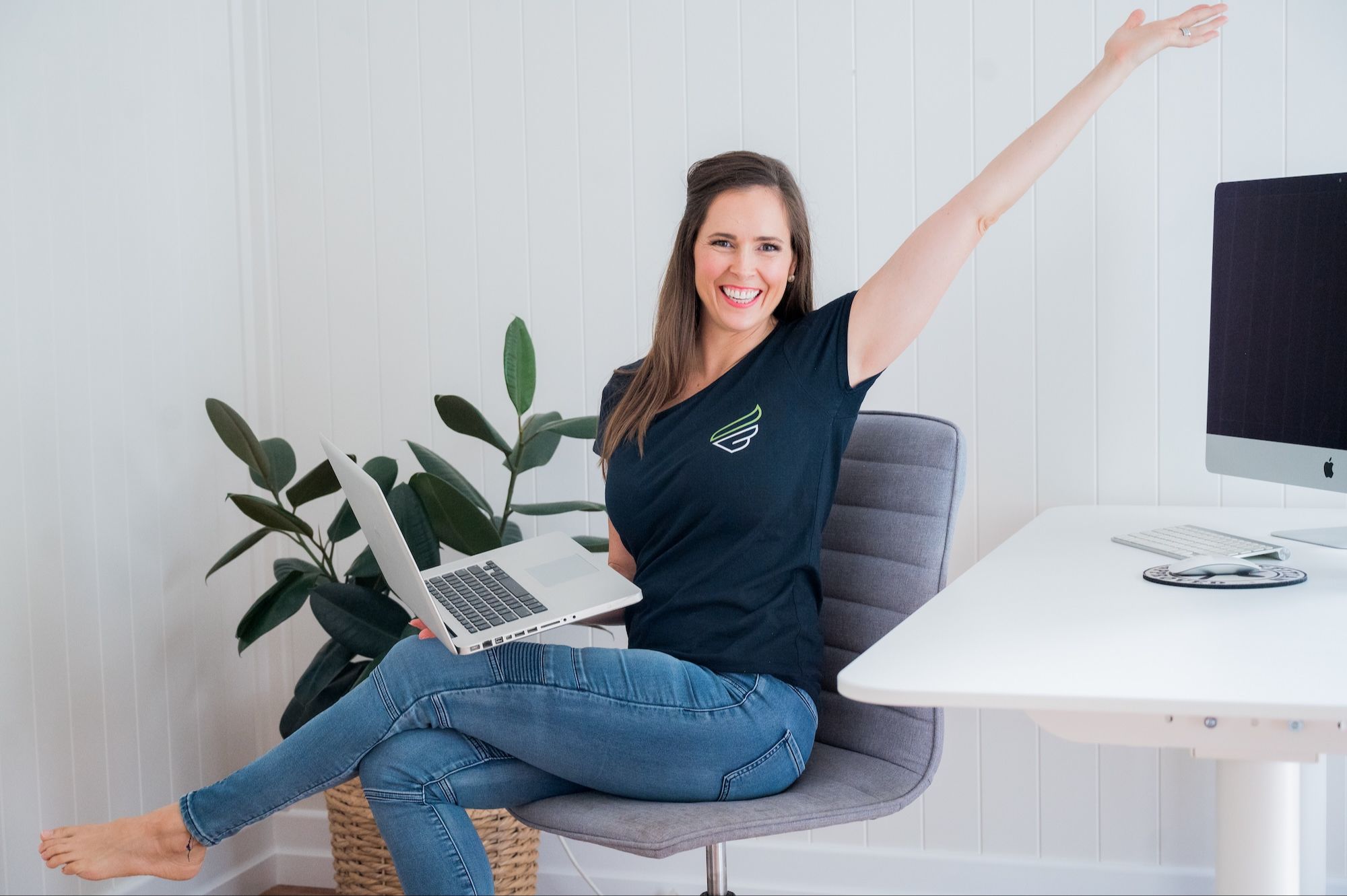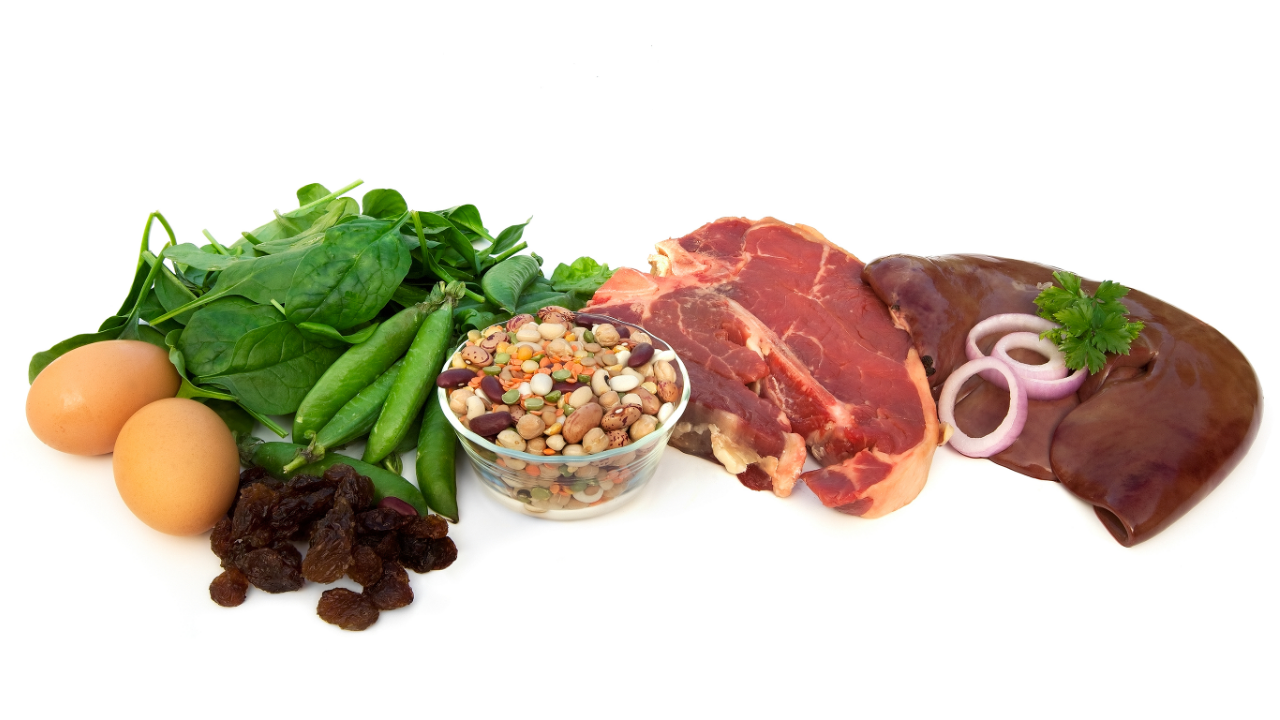
Iron-(wo)man
May 23, 2016
There can be many reasons for feeling tired and exhausted sometimes. Keeping up with the demands of training, getting enough sleep, managing stress, eating well and staying hydrated are all factors that affect how we feel day to day. Meeting our vitamin and mineral requirements is also key to feeling energised. A common culprit to feeling flat for no apparent reason is iron deficiency.
The importance of iron for athletes
Iron is an essential nutrient for a number of fundamental functions within the body. Iron is important for:
- red blood cell (RBC) production,
- transporting oxygen around the body (via haemoglobin),
- storing oxygen in the muscle (via myoglobin – a special protein responsible for the red colour of muscles),
- energy production systems
- helping to maintain a healthy immune system.
It’s also an important nutrient for athletes as it plays a key role in aerobic metabolism (the slow and steady type of exercise) where energy is extracted from carbohydrate, fatty acids and amino acids in the presence of oxygen.
Training increases iron requirements for a number of reasons. Intense training increases the number of RBC in the body and increases turnover in the tissue. Iron is also lost in sweat, urine, blood and the digestive tract. If you pound the pavement, iron is lost through haemolysis, where each foot strike bursts RBC apart. Couple increased losses with poor intake and/or absorption of iron for whatever reason, it can be easy to lose the balance of this important mineral.
How much do we need?
We have no way of manufacturing iron ourselves so we need to get this essential mineral from our diet. Specific iron requirements for athletes are currently unknown however, are likely to be higher compared to non-athletes. Daily requirements vary depending on age and gender, see the table below to work out your needs:
Recommended Dietary Intake (RDI) of Iron each day
Source: Nutrient Reference Values for Australia and New Zealand (2006)
Where do we get Iron from?
Iron is widely distributed in many foods. There are two types of Iron:
1. Haem iron (from animal sources) e.g. Meat, chicken, fish, eggs
2. Non-haem iron (from animal & plant sources) e.g. Legumes, wholegrain and iron-fortified bread and cereals, green leafy vegetables, nuts & dried fruit.
The main difference between these two groups is the rate iron is absorbed by our body. Iron absorption from haem foods is approximately 15-18%, while non-haem iron absorption is inefficient at <5%.
Factors affecting iron absorption
Iron absorption and metabolism are controlled by the hormone hepcidin. The amount of iron we absorb is also related to our bodies iron status and the presence of other dietary factors that enhance or block the absorption of iron in the gut.
Meat factor, Vitamin A, Vitamin C and some fermented foods (miso, sauerkraut) enhance iron absorption. While factors such as calcium, polyphenols including tannins (in tea and coffee) and phytates (found in legumes, soy protein isolates and grains etc.) inhibit iron absorption. Because of the presence of inhibitors or enhancers, the bioavailability of iron can vary 10-fold from different meals with similar iron content. Crazy!
Iron deficiency and performance
Even a mild shortage of iron stores can affect training and performance. Insufficient iron impacts our maximal oxygen uptake in the muscles, endurance capacity and efficiency.
If untreated, low iron levels can progress to the debilitating point or iron deficiency anaemia. Symptoms can include tiredness, lethargy, fatigue, headaches, dizziness, brittle, dry nails and hair, reduced stamina and endurance and pale colouring. Those at high risk of iron deficiency include female athletes, adolescents, distance runners and poorly planned vegan/vegetarian diets with little or no red meat. Early detection of iron deficiency or depleted stores is imperative as recovery from deficiency can be a slow process, often taking months to recover.
Should you take an iron supplement?
Iron supplements should only be taken when a blood test confirms that your levels are low. If you’re feeling tired and lethargic (for reasons other than self-inflicted sleep deprivation), see your GP for a blood test to check your iron levels before taking anything. Inappropriate use of iron supplements is dangerous and can interfere with the absorption of other minerals.
Top tips to manage your Iron:
- It’s important to monitor iron status, especially if you’re at higher risk of low iron (for example: if you’re female, vegetarian/vegan, coeliac, growing, and importantly if you’re exposed to altitude). See your GP for a blood test.
- Aim to include rich sources of haem and non-haem iron at each meal including meats, chicken, fish, eggs, legumes, fortified bread and cereals, green leafy veggies, nuts and seeds.
- Enhance the absorption of iron with vitamin A and C by including a wide range of fruits and vegetables with a meal.
- Avoid eating/drinking foods which block iron absorption with a meal e.g. strong tea and coffee. Separate by at least 30 minutes.
- Time high iron meals relative to key exercise sessions
- If you’re a vegan and don’t consume animal sources, it’s important you eat more plant sources of non-haem iron to meet your requirements.
- See an Accredited Sports Dietitian who can help optimise your iron intake with exercise
Happy Training 😄
Taryn
If you are looking for a Sports Dietitian and want to learn more about working with me, click on the image below to see what I offer for private, 1 on 1 consultation.
If you’re looking for a more cost-effective option, start with one of my online courses.
Tags: Brisbane Dietitian, Brisbane Sports Dietitian, Dietitian Approved, Dietitian Brisbane, getting enough iron, high iron sources, iron, iron and exercise, iron for athletes, iron RDI, ironman, ironwoman, personalised nutrition, Sports Dietitian, Sports Dietitian Brisbane, sports performance
Don't miss a beat!
New moves, motivation, and classes delivered to your inbox.
We hate SPAM. We will never sell your information, for any reason.
